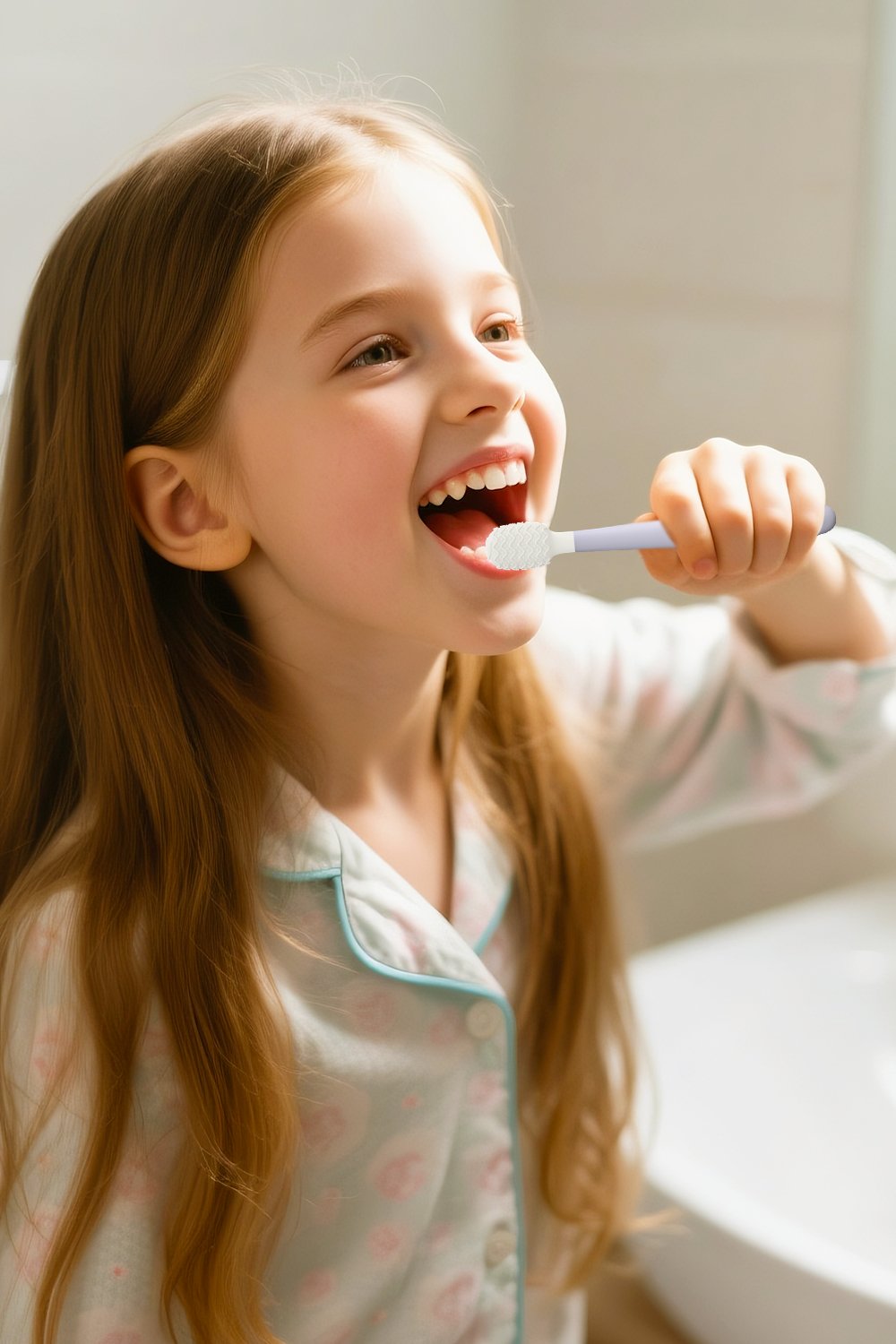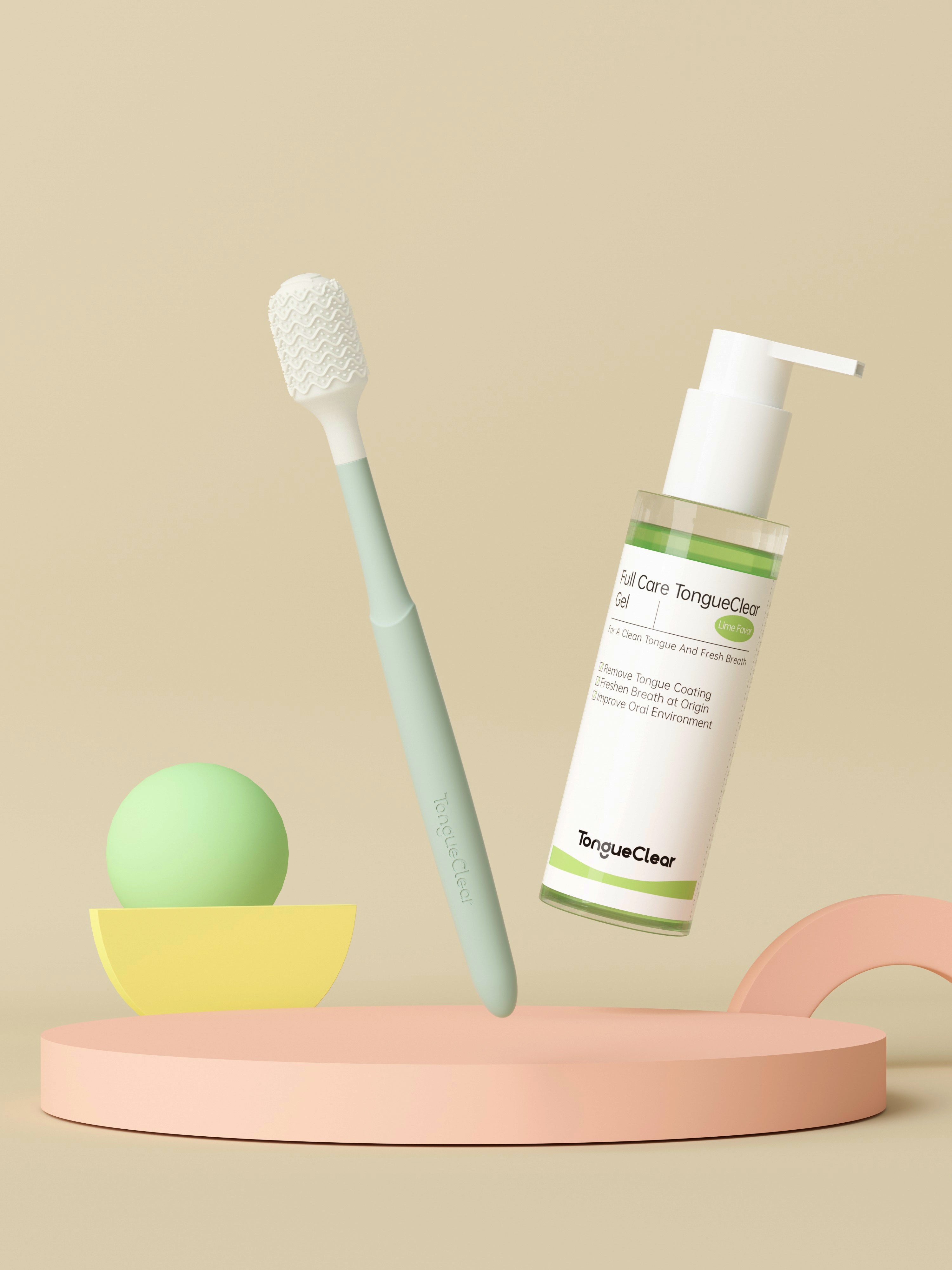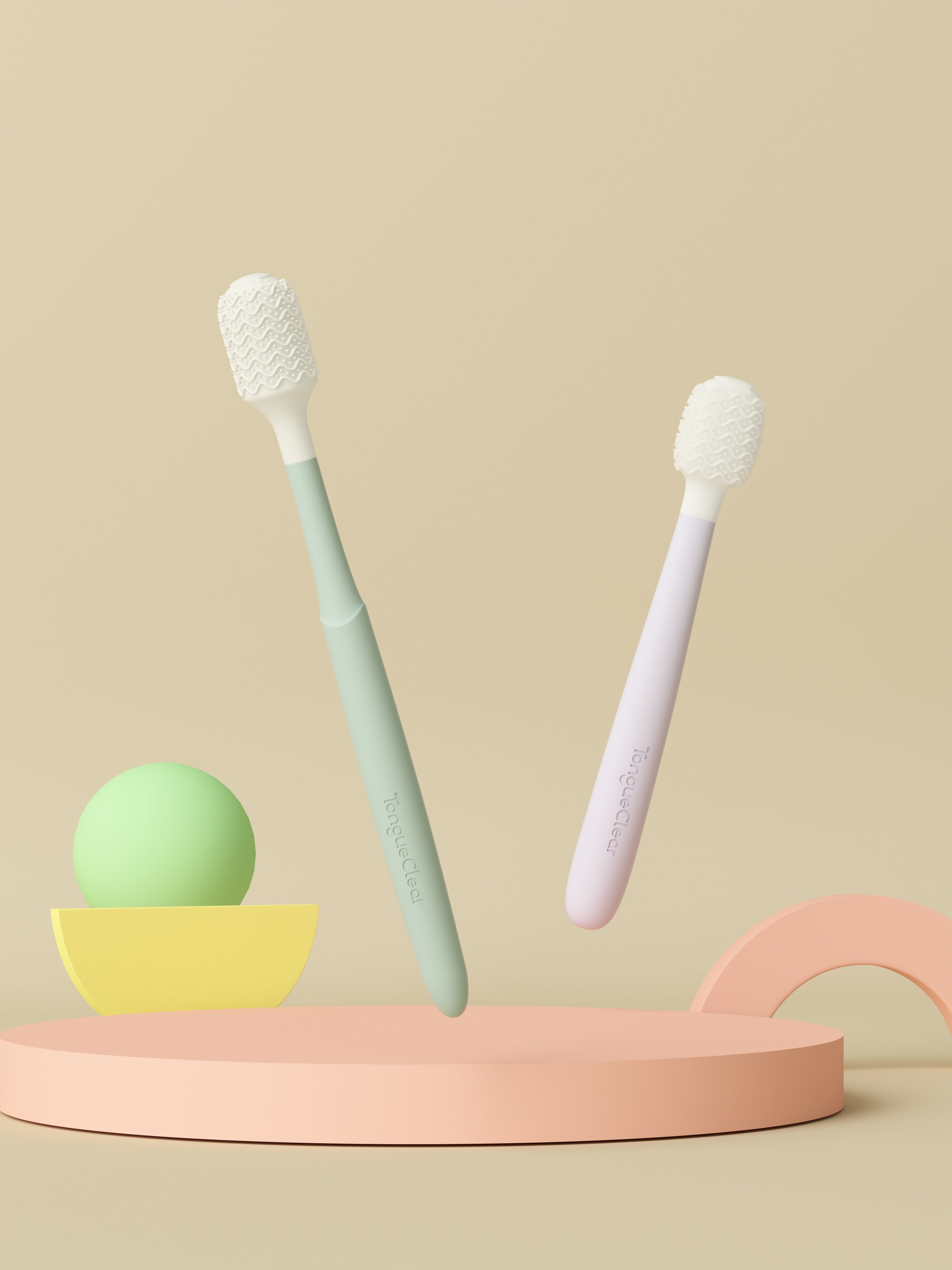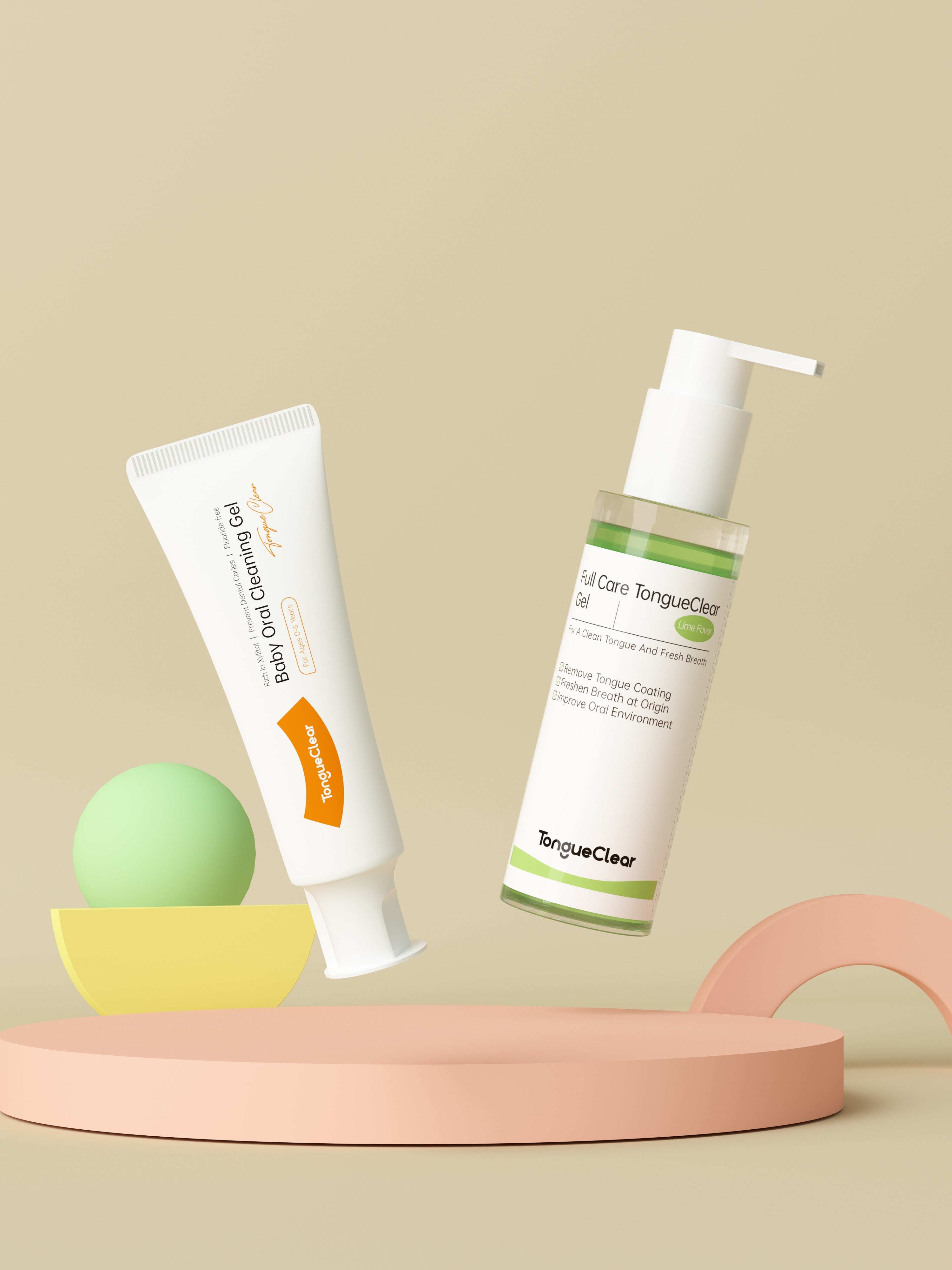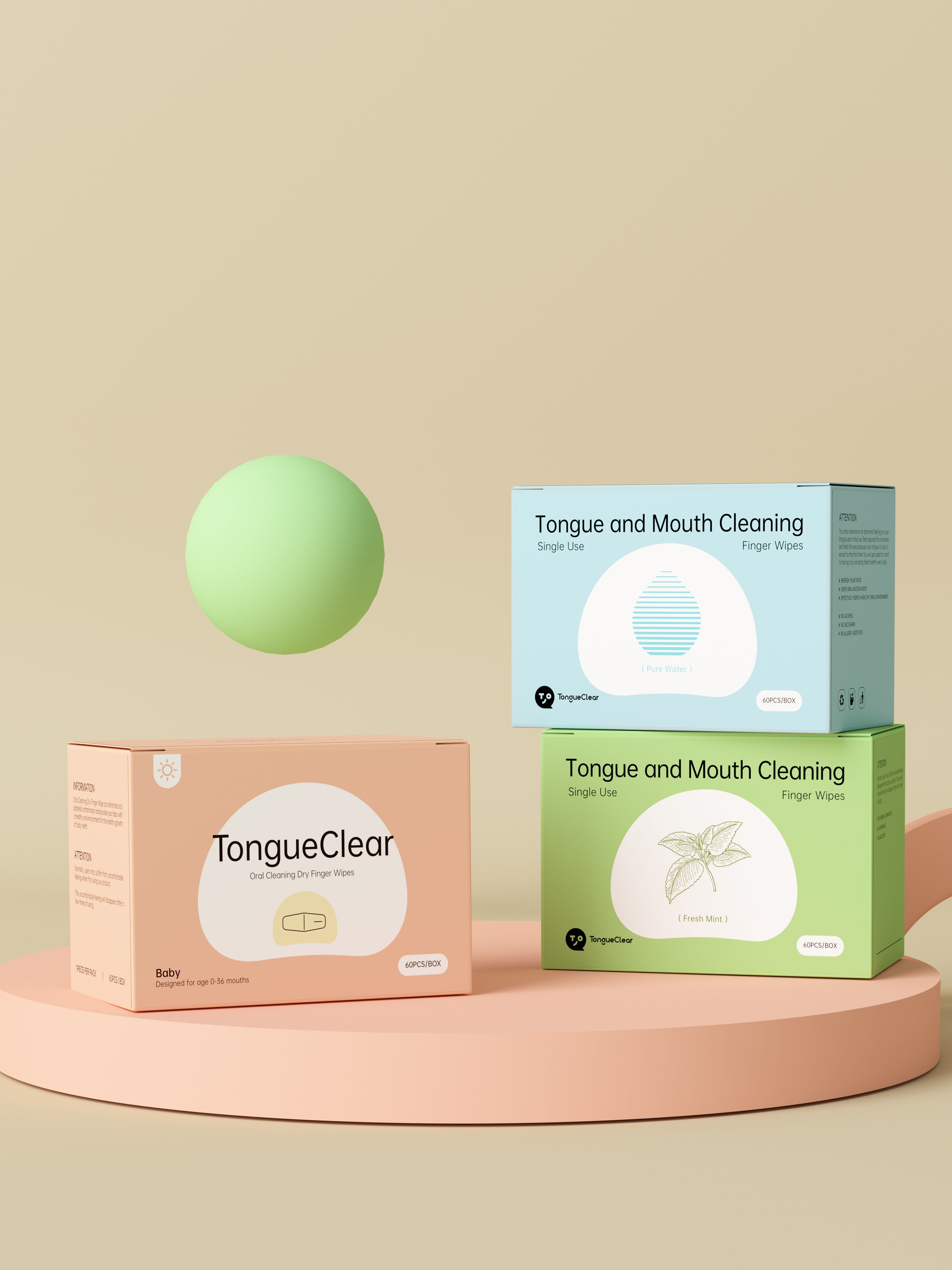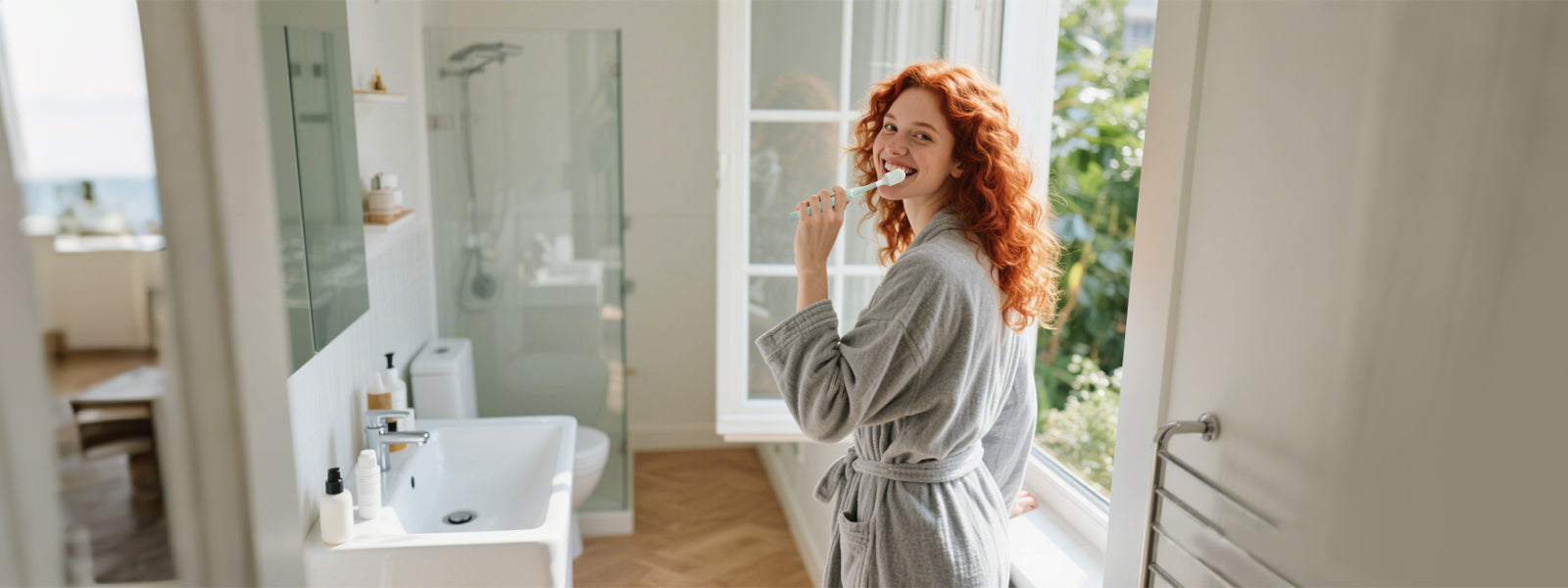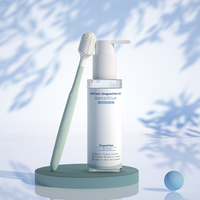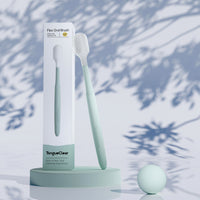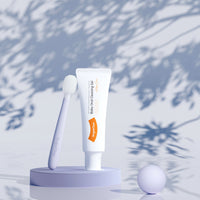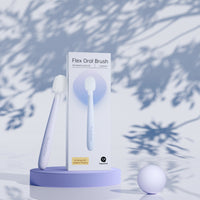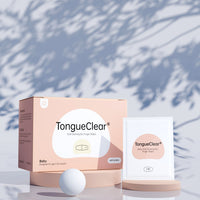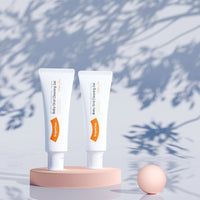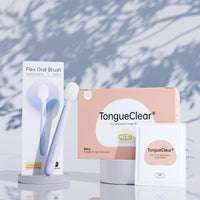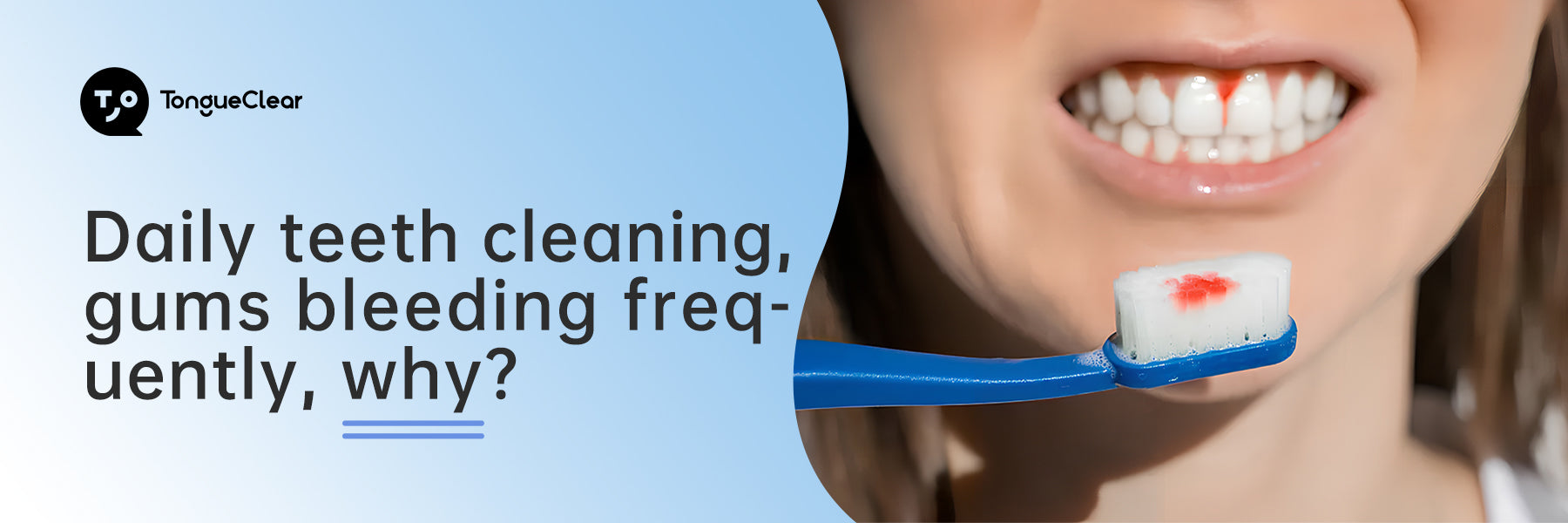
Daily teeth cleaning, gums bleeding frequently, why?
Gum bleeding is a common oral problem. About 80% of people worldwide have experienced or are experiencing gum bleeding. Apart from the effects of inappropriate cleaning utensils or overly hard food on the oral cavity, the main cause of gum bleeding is inflammation of the gums under the stimulation of bacteria, which makes the gums fragile and sensitive. Incorrect cleaning methods cause them to bleed at the touch.
Teeth account for 25% of the entire oral cavity, and the rest is mucosal tissue. Gums are also one of the mucosal tissues. Teeth grow on the gums, just like flowers grow in the soil. In the case of bleeding gums, continuing to use incorrect oral cleaning methods will make the problem more serious, so the results will not meet expectations; to care for bleeding gums and restore the oral cavity to a dynamic and healthy state, you need to sterilize the gums, massage the gums, and reduce factors that irritate the gums.
In overall oral hygiene, everyone should think that mouthwash is one of the long-term effective ways to kill bacteria, but mouthwash removes bacteria in a free state and has little effect on bacterial biofilms that have already adhered to the oral mucosa or teeth. Within a few hours after use, the bacteria will return to the level before use, and the timeliness is very short and irritating. But long-term use is not recommended.
Excessive brushing can irritate and worsen gum damage, and it also fails to clean the bacteria on the gums. Long-term use of mouthwash can damage the oral flora and irritate the mucosa. Are there other safe, effective, and long-lasting products for cleaning the oral mucosa?
TongueClear oral airbag brush can effectively remove bacterial biofilm on the gums by scraping with the airbag brush head. Bacterial biofilm has a certain stickiness and cannot be removed by ordinary mouthwash. The gentle and soft wiping of the airbag brush head will not only not damage the gum tissue, but also effectively peel off the adhered bacteria, remove food residues in the mouth, make the bacteria lose food, and find it difficult to reproduce, reduce the activity of bacteria and naturally die. It has little irritation to the mucosa. Unlike the hard texture of toothbrushes or tongue brushes, oral brushes are soft and tough, and the cleaning process is gentle with little foreign body sensation. It is also different from chemical mouthwashes for the purpose of inactivation. Physical cleaning is safer, more efficient, and longer-lasting.
Share


